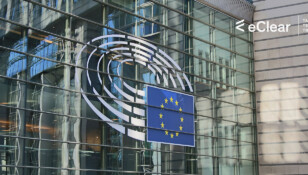The German federal government plans to permanently reduce the VAT rate on meals served in restaurants from 19% to 7% as of January 1, 2026. For restaurateurs, this step represents a noticeable relief, but it also entails significant VAT-related implications that must be considered.
1. What exactly is changing?
Until now, catering services provided in restaurants in Germany have generally been subject to the standard VAT rate of 19%. Under the proposed amendment, the reduced rate of 7% will apply. This could lead to lower consumer prices for restaurant meals—provided the VAT reduction is passed on to customers.
2. Who benefits – and what should be considered?
For restaurants, this measure offers an opportunity to make their prices more attractive and regain customers. However, there is also pressure on profit margins if the reduction is not fully passed on to guests—or if other costs (e.g., energy, staff) continue to rise. Analyses of previous VAT rate changes in the hospitality sector show that only part of the VAT relief was actually reflected in consumer prices.
3. VAT aspects companies should keep in mind
- Invoicing and VAT rate indication: Restaurants must ensure that the new 7% rate is correctly stated on invoices. An incorrect rate may lead e.g. to errors in VAT calculation or competitive disadvantages.
- Input tax deduction: As long as the business performs taxable transactions, input VAT on purchased supplies remains deductible. The change in VAT rate does not fundamentally alter this, though it may affect business calculations.
- Passing on the VAT reduction: There is no obligation to pass the full benefit of the reduced rate on to consumers. However, businesses should communicate transparently how they handle the relief.
- Documentation & compliance: As in all VAT matters, proper documentation within invoicing, accounting, and tax declaration systems is essential.
- Use the preparation period: Until the change takes effect, companies should use the time to adjust their business and tax processes—for example, pricing, IT systems, and invoice templates.
4. Outlook
The planned VAT rate reduction on meals in the hospitality sector is an important step toward easing the burden on the industry, but it is not a cure-all. The decisive factor will be how businesses integrate this measure into their pricing, quality, and service strategies. At the same time, tax compliance obligations remain in place. It is therefore advisable for entrepreneurs to plan ahead and prepare for implementation now.







